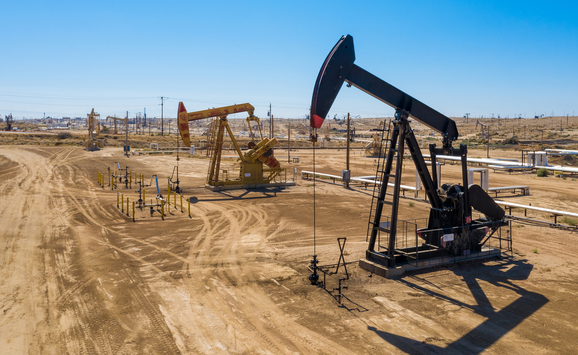On January 18, President Obama rejected TransCanada’s application for an extension—“Keystone XL”—to a pipeline system that would carry oil-sands-derived liquids to the U.S. Gulf Coast. Politics aside, what are the real consequences of this decision? In short, we think they will be modest in environmental, energy security, and economic terms.
Environment
The major environmental criticism of the pipeline is based on the relatively large carbon footprint of mining and transporting oil from sands. While oil sands extraction is currently about twice as carbon-intensive as producing conventional crude oil, when evaluating overall intensity properly—“from well to wheel”— it is only about 10–20 percent more carbon intensive. So, they are not equal, and emissions from transporting the oil to Asia (its likely alternative destination) will increase the carbon intensity slightly. But neither is it as catastrophic as critics imply. Furthermore, the industry, quite apart from concerns about CO2 emissions, is seeking to reduce the high energy costs of extraction by using solvents rather than steam. This means oil sands’ carbon footprint will likely come down in the future. In any case, political energy spent on this issue would be better directed at enacting a global warming policy, such as a carbon tax, that would make carbon-intensive activities more costly across the economy.
Local environmental problems are also not as severe as critics claim. Environmental risks in Canada are likely to decline as industry practices change and in-situ drilling grows, though real challenges remain. These are Canadian issues, however, best addressed through the Canadian regulatory system; the U.S. has little leverage—as noted, the oil can go elsewhere, so risks will persist. In the United States, concerns over possible damages to aquifers and other ecosystems are mitigated by changes to the pipeline’s route. Government and industry also have a track record of working closely together to monitor and reduce environmental risk from pipelines.
Energy Security
The argument in favor of the pipeline on energy security grounds is not entirely compelling either. Canada is already our largest supplier of imported oil, and the pipeline itself would only modestly increase that share. But the oil market is global—U.S. dependence on oil producers in the Middle East and other unstable places is due to their influence over oil prices, not their share of U.S. imports. The pipeline wouldn’t change that, no matter how it affects the U.S. import mix. It is true that Canadian oil sands production will slightly increase the share of global production coming from stable places. That’s good, but it’s a global rather than an exclusively American benefit, and it’s true no matter how the oil reaches world markets.
Jobs
Pipeline proponents say the project would be a large job creator. And in an anemic economy, every bit helps. But any job effects from the pipeline will be small and transitory. According to TransCanada, the project will create no more than 2,500–4,650 temporary construction jobs (over a two-year period), of which only a portion would be in the United States. Once the oil starts flowing, U.S. jobs are estimated to be minimal.
The recent decision is unlikely to be the last word. TransCanada has already promised to reapply for a permit. It still stands to profit from this investment, as will many others. But, from a national perspective, whether the pipeline is approved or not is relatively unimportant. Instead, we should focus on reducing our contribution to the global carbon footprint and improving the efficiency of our carbon-based fuel use.





